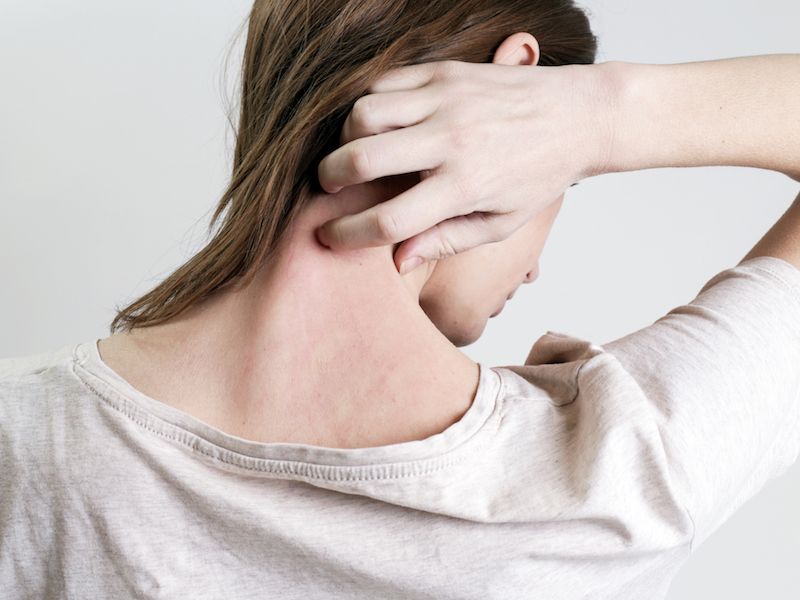
When you think of psoriasis, you likely think about all those commercials depicted people with skin problems. Psoriasis affects your general health and not only your skin. Psoriasis is commonly misunderstood and minimized, due to a lack of knowledge of how psoriasis impacts sufferers as well as the serious conditions that can be related to this disorder. Though plaques on the skin are its most apparent symptom, they’re indicative of what psoriasis can cause in the whole body: Chronic inflammation that can increase the chance of metabolic disorders and cardiovascular disease.
New research reinforces the body of research connecting another significant problem to psoriasis: Hearing loss. Published in The Journal of Rheumatology, The relationship between hearing impairment, psoriatic arthritis, and mental health were evaluated in this study. Psoriatic arthritis has an effect on the joints, and is a kind of psoriasis, causing pain, difficulty moving, and swelling. Afflicted individuals may also have psoriasis, but with psoriatic arthritis, it’s possible to have inflammation without also having the tell-tale plaques.
With psoriatic arthritis, the body is basically targeting its own healthy cells in the same way that it does with rheumatoid arthritis because they are all autoimmune illnesses. But psoriatic arthritis differs from rheumatoid arthritis because it’s often asymmetrical (so you could have it in one knee but not the other), and it doesn’t only target joints but leads to painfully swollen toes and fingers while it targets sufferer’s nails and eyes.
Based on the findings of this recent study, hearing could also be impacted by psoriatic arthritis. The study compared the self-reported hearing loss of people who have psoriatic arthritis, people who suffer from psoriasis but not psoriatic arthritis, and a big control group of people with neither problem. They discovered that the group with psoriatic arthritis was more inclined to report hearing impairment, and those reports were supported by audiometric screening. Even when other risk factors are taken into account, people diagnosed with psoriatic arthritis were significantly more likely to suffer from loss of hearing than either {the control group or psoriasis sufferers}.
But that’s not to say there’s no link between psoriasis, psoriatic arthritis and hearing loss. A 2015 study discovered that there is a substantially higher risk, for people with psoriasis, of getting sudden sensorineural loss of hearing, or sudden deafness. The capability to hear diminishes significantly over three days or less with sudden sensorineural hearing loss. It has many potential causes, but experts theorize that individuals who have psoriasis are in greater danger due to the type of fast inflammation that occurs during a flare-up of psoriasis symptoms. The hearing might be affected if this takes place around or in the cochlea. In certain instances, treatments that alleviate psoriasis symptoms might be used to deal with this form of hearing loss, but hearing aids are often recommended when sudden deafness does not respond to other treatments.
If you have psoriasis or psoriatic arthritis, it’s worthwhile to observe your hearing. Plan your yearly healthcare appointment along with normal hearing exams. Disease related to inflammation can lead to inner ear harm, which can result in psoriasis and loss of balance. There are also links between psoriatic arthritis and psoriasis, depression and anxiety, both of which can be further aggravated by hearing loss. Other health problems, such as dementia, can be the outcome if you don’t catch loss of hearing early.
Recognition is key, and cooperating with your doctors and periodically getting your hearing tested can help you keep ahead of symptoms with timely intervention. Neither hearing loss nor psoriasis should cause you to compromise your quality of life, and all the difference is having the proper team by your side.